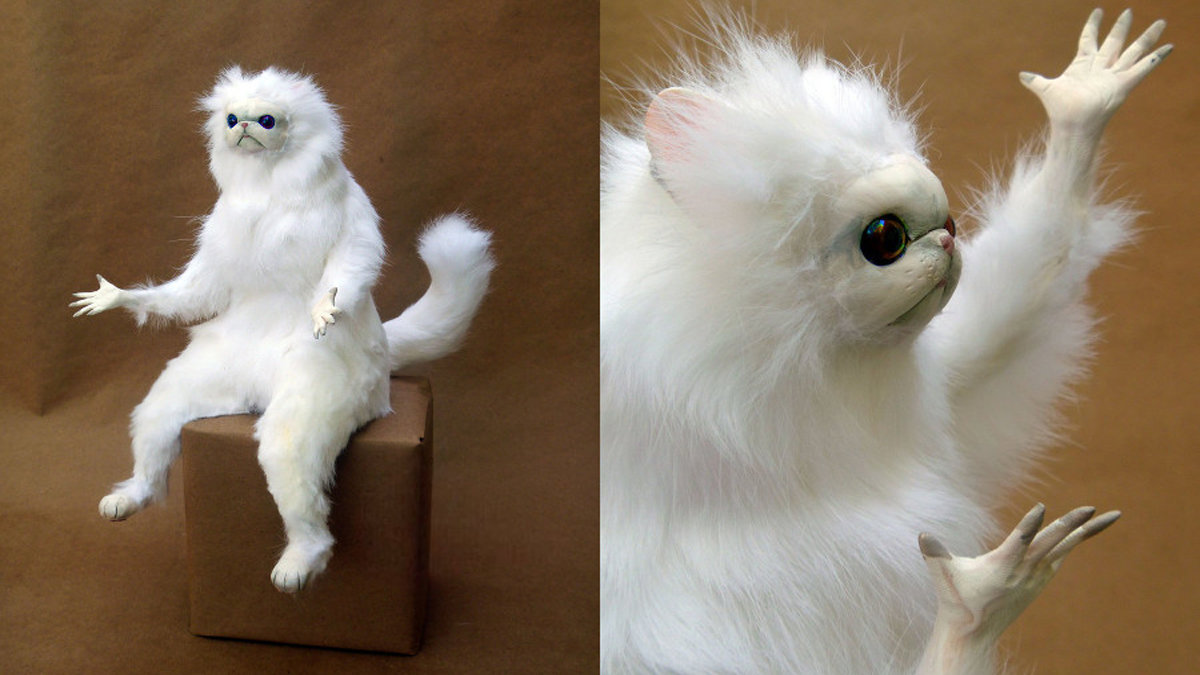







Because they are, for some baffling reason, deciding proactively to ruin the peanut butter after having blended it into smooth, creamy perfection! Then they have the gall to place it right next to the good stuff, likely with intent to fool unwitting passersby into bringing it home with further hopes that the children who have never tasted smooth peanut butter and fall victim to experiencing the crunchy version as their initial exposure will be hooked on the worse version for the rest of their lives.
If that’s not malice, I don’t know what is.
(Really heavy /s, just in case)


So it’s not laziness, it’s maliciousness?

How do they work?



deleted by creator


Truly one of the latter day saints
Excuse me, old woman!
Fred Durst made this meme


A møøse ønce bit my sister
He’s not our president anymore! Yet!
The Venn Diagram of people who drive obnoxious gas-wasting vehicles like that and people who are assholes is a circle
The driver is a POS and people are allowed to have toys. There is no conflict between those positions.


Bro it’s fucking GIF tho


I learned a new word today that I think can help here by way of a story. “Ooftish” is the word, it’s a Yiddish word that translates in English to money. And I don’t know a lot of Yiddish words, but I’ve been getting into etymology so I read more about it. The word comes from a phrase that means “money on the table”, and the phrase was pronounced roughly “gelt af tish” (from one snapshot in time, anyway, according to wordsmith.org, this isn’t meant to be an absolute) where gelt is the word for money and tish is the word for table.
That made me wonder, how did this word “ooftish” come to be, because there was a word in the ancestor phrase that literally meant money already. One idea: someone that maybe didn’t speak the language but had been exposed to it heard someone say “gelt af tish,” understood enough context to know money was being spoken about, and took the part of the phrase they remembered and started using it to refer to money. And then it caught on. That doesn’t have to be true to make my point, because the next part is really the important part of the thought experiment.
Imagine this person starts using this word “ooftish” and it catches on as an inside joke among friends. They teach their kids, it spreads, more people are now using the word. It’s still a local thing, but it’s catching on. Another couple generations, and it’s become the defacto in-group way for a population to refer to money. But they’re all talking about a prepositional phrase referring to some unnamed thing that is situated on a table, and they’ve all long-forgotten the birth of the phrase and never use the word “gelt” at all anymore. Let me ask you: Is that entire population wrong today for using the word “ooftish” even though it is a linguistic travesty in this hypothetical world? Or does it make sense for them to keep using the word, because they all know what they mean when they use it and it would actually be more complicated to try and backfill this word with the more linguistically pure word that was used before?
You can’t use logic like “everyone else is wrong but me” about language, as satisfying as it would be sometimes to do so. We use language to communicate, and if we’re trying to get a message across, we communicate in the way that best accomplishes the need at hand - sharing an idea with others. That means the way words are used by a population is more important than grandstanding over how anyone thinks particular words should be used.